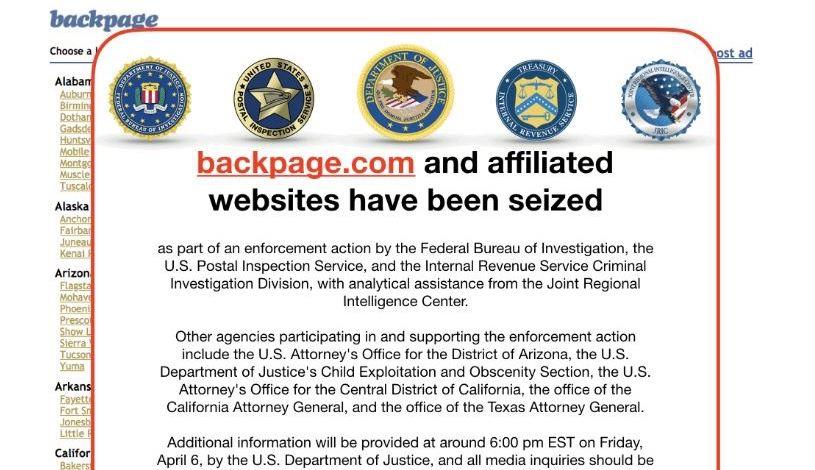No.
That’s about all there is to say in response to the official Women’s March Twitter page, which decried the federal government’s move to seize and shut down Backpage.com, a multibillion-dollar internet human trafficking platform.

No.
That’s about all there is to say in response to the official Women’s March Twitter page, which decried the federal government’s move to seize and shut down Backpage.com, a multibillion-dollar internet human trafficking platform.